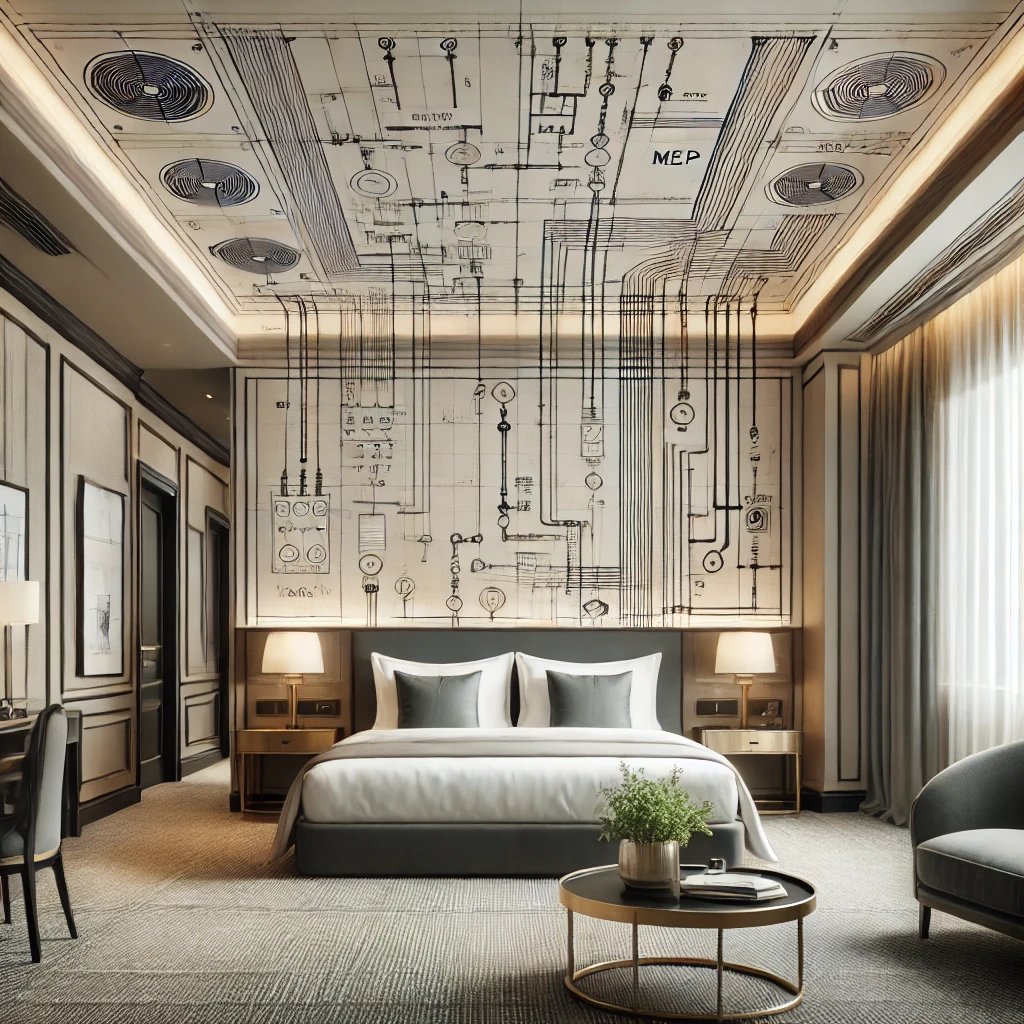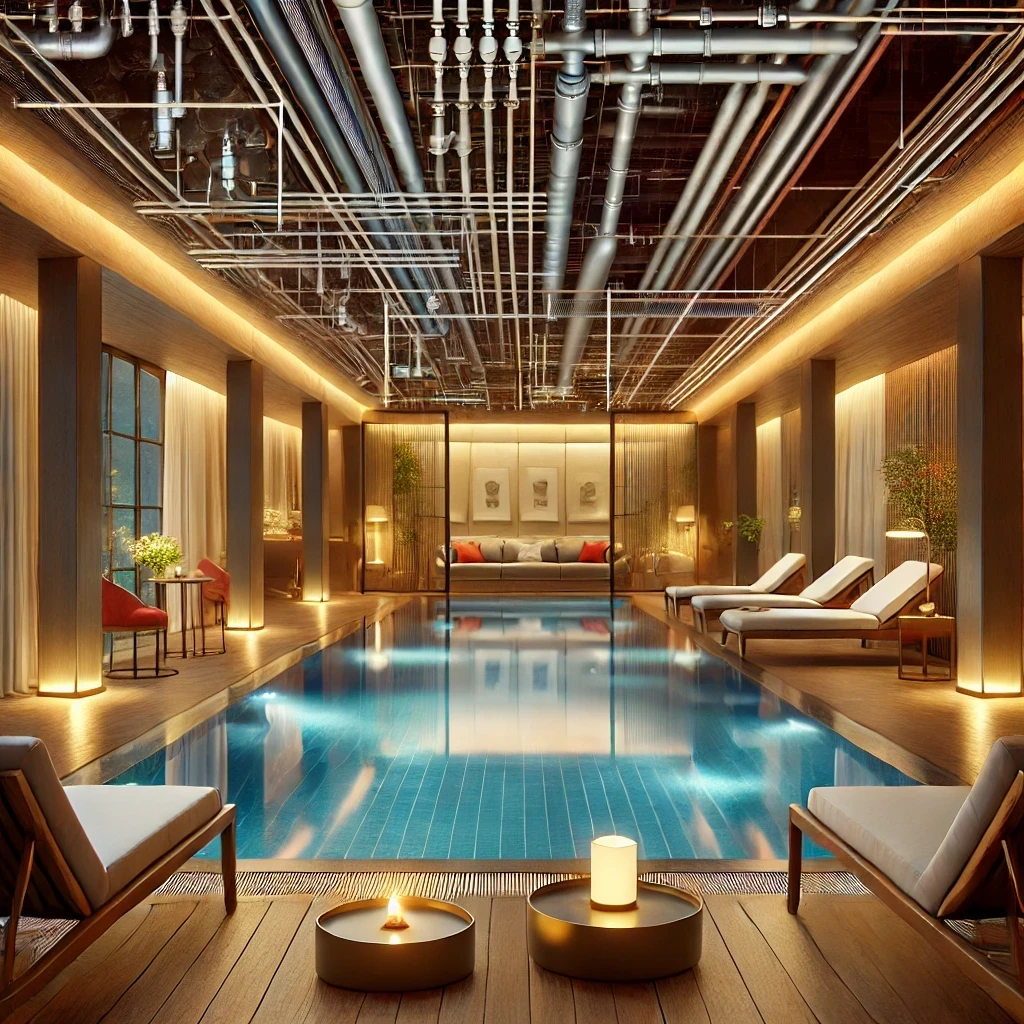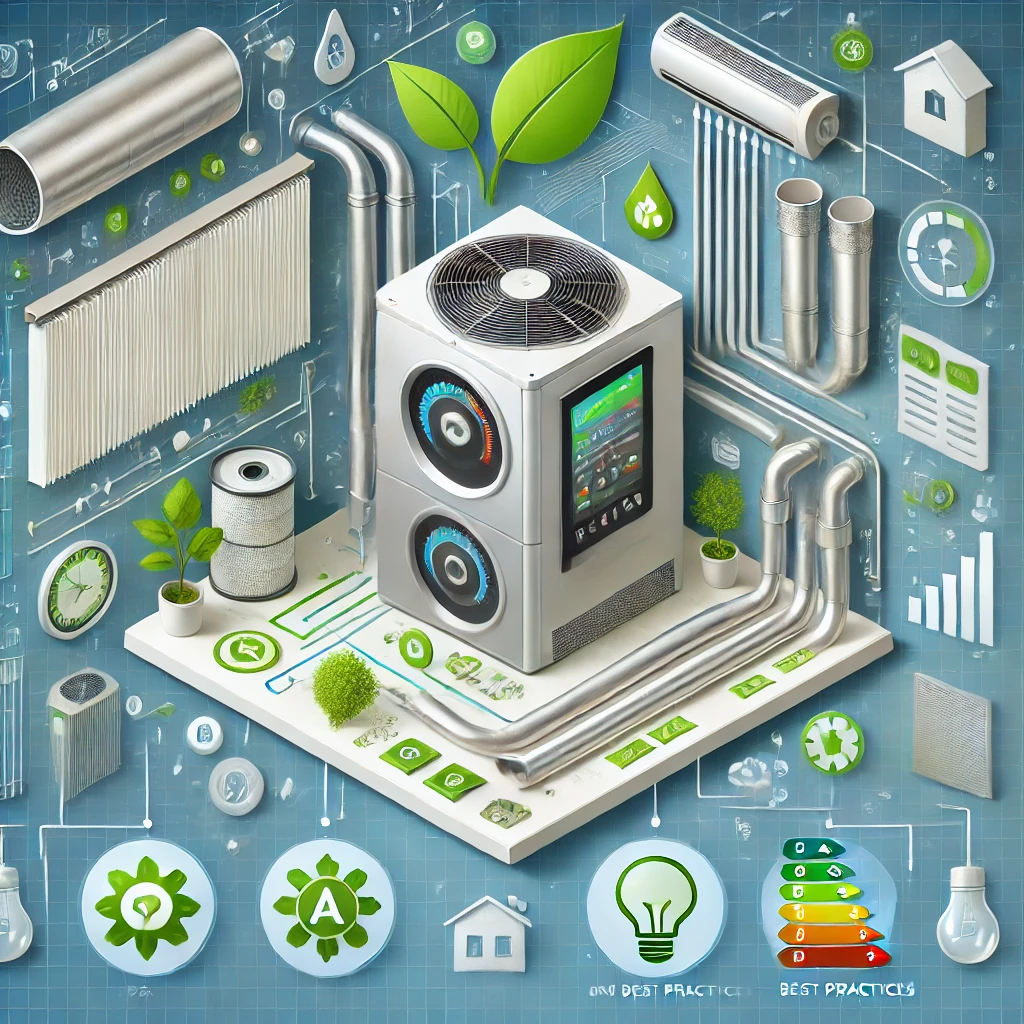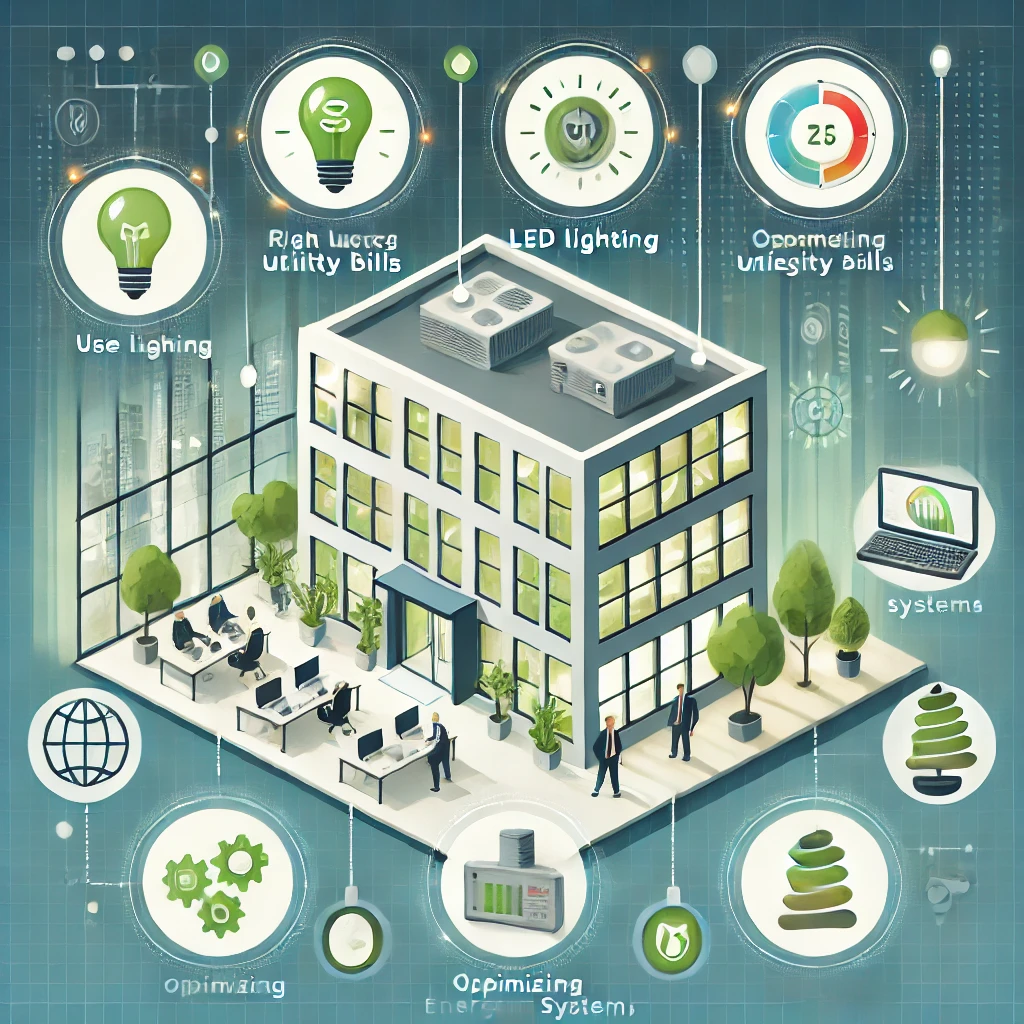Designing Energy-Efficient MEP Systems for Luxury Hotels: Balancing Comfort and Sustainability

Luxury hotels are at the forefront of the hospitality industry, offering exceptional experiences to their guests. However, the growing demand for sustainability in construction and operations has brought new challenges. These establishments must combine comfort, elegance, and cutting-edge technology with energy efficiency and eco-consciousness. The design and integration of MEP (Mechanical, Electrical, and Plumbing) systems are pivotal to achieving this balance.
This article delves into the strategies and technologies involved in designing energy-efficient MEP systems tailored for luxury hotels, highlighting the economic, environmental, and branding benefits of sustainability.
The Unique Challenges of Luxury Hotels
Luxury hotels differ from other commercial buildings in several ways, each of which poses unique challenges for energy efficiency:
- High Guest Expectations:Guests in luxury hotels demand exceptional service, perfect climate control, and state-of-the-art amenities, leaving little room for operational inefficiencies.
- 24/7 Operations:Unlike other buildings, hotels operate continuously, with energy consumption spread across diverse areas such as guest rooms, restaurants, spas, gyms, and conference halls.
- Diverse Energy Needs:From extensive HVAC systems to sophisticated lighting and water heating, luxury hotels rely on energy-intensive systems to create a premium experience.
Balancing these demands with energy efficiency requires thoughtful design and innovative technologies.
The Role of MEP Systems in Hotels
MEP systems form the foundation of hotel functionality, encompassing critical elements such as:
- HVAC: Ensuring optimal temperature and air quality.
- Electrical Systems: Powering lighting, elevators, security systems, and electronic devices.
- Plumbing: Managing water supply, heating, and wastewater.
In luxury hotels, MEP systems must deliver flawless performance while minimizing energy consumption and environmental impact. Innovations in these areas can significantly enhance operational sustainability.
Strategies for Designing Energy-Efficient MEP Systems
1. Advanced HVAC Systems
Heating, ventilation, and air conditioning (HVAC) systems are among the largest consumers of energy in hotels. Advanced HVAC technologies offer significant efficiency gains:
- IoT and Smart Sensors: These systems monitor room occupancy, adjusting temperatures dynamically. For instance, unoccupied rooms can automatically switch to energy-saving modes.
- Heat Recovery Systems: Heat exchangers can repurpose waste heat from HVAC systems to warm water or precondition incoming air.
- Variable Speed Drives (VSDs): Installing VSDs in HVAC systems helps modulate energy use according to real-time demand.
Example Resource: Learn more about efficient HVAC systems at ASHRAE.
2. Energy-Efficient Lighting
Lighting typically accounts for 25%-30% of a hotel’s electricity consumption. Energy-efficient lighting strategies include:
- LED Lighting: LEDs consume up to 80% less energy than traditional incandescent bulbs and offer a longer lifespan, reducing replacement costs.
- Automated Controls: Motion sensors and daylight harvesting systems adjust lighting levels based on occupancy and natural light availability.
3. Water Efficiency in Plumbing Systems
Luxury hotels often feature water-intensive facilities, such as swimming pools, spas, and fountains. Sustainable plumbing solutions can significantly reduce water consumption:
- Water Recycling Systems: Greywater recycling reuses water from showers and sinks for irrigation and toilet flushing.
- Smart Irrigation: Weather-based irrigation systems ensure water is used efficiently for landscaping.
- Ultra-Low-Flow Fixtures: These fixtures deliver excellent performance while significantly reducing water usage.
Case Study: The Park Hyatt Hyderabad in India achieved a 35% reduction in water usage by incorporating advanced plumbing systems.
4. Renewable Energy Integration
Renewable energy sources are vital to reducing carbon footprints:
- Solar Panels: Used for water heating or generating electricity for common areas.
- Geothermal Energy: This technology can regulate building temperatures efficiently in suitable locations.
- Wind Energy: Some coastal hotels are integrating wind turbines to supplement energy needs.
Resource for Best Practices: Visit IRENA for insights on renewable energy adoption.
5. Integrated Building Management Systems (BMS)
A BMS centralizes control over all MEP systems, providing a comprehensive view of energy usage and operational efficiency. Features of advanced BMS include:
- Real-time monitoring and alerts for inefficiencies.
- Predictive maintenance capabilities to prevent equipment failures.
- Integration with smart devices and IoT sensors for enhanced automation.

Economic Benefits of Energy-Efficient Systems
While the initial investment in advanced MEP systems may be high, the long-term benefits are undeniable:
- Lower Utility Bills: Energy-efficient systems can reduce electricity and water bills by 20%-40%.
- Improved ROI: Over time, the savings generated by reduced energy consumption offset the upfront costs.
- Enhanced Brand Value: Eco-conscious operations attract sustainability-focused guests and improve a hotel's reputation in the market.
Challenges in Implementation
While the benefits are clear, designing and installing energy-efficient MEP systems in luxury hotels involves challenges:
- High Initial Costs: Premium systems and technologies require significant capital investment. Financing options, such as energy performance contracts (EPCs), can help.
- Retrofitting Older Hotels: Integrating modern systems into existing infrastructure often requires extensive modifications.
- Maintenance Requirements: Advanced systems demand skilled personnel for operation and upkeep.
Resource: For assistance in retrofitting older buildings, check out the U.S. Department of Energy.
Case Study: The Ritz-Carlton, Charlotte
The Ritz-Carlton, Charlotte, is a prime example of how luxury hotels can lead in sustainability:
- The hotel utilizes solar panels for heating water in guest rooms and laundry facilities.
- It has a green roof that insulates the building and reduces heating and cooling costs.
- All lighting is LED-based, contributing to a 30% reduction in energy use.
To learn more about the Ritz-Carlton’s green initiatives, visit their Sustainability Page.
CCase Study: Sustainability in Action
One standout example is the Banyan Tree Mayakoba in Mexico, a luxury resort that integrates sustainability with guest comfort:
- Solar water heaters provide energy for its 100+ villas.
- Low-flow water fixtures reduce consumption by 30%.
- A comprehensive BMS monitors and adjusts energy usage in real time.
More about this project can be found at Banyan Tree’s Sustainability Page.
Conclusion
Designing energy-efficient MEP systems for luxury hotels is an intricate process that involves balancing cutting-edge technology with the needs of guests and environmental considerations. By adopting innovative HVAC systems, efficient lighting, renewable energy, and advanced water management, luxury hotels can significantly reduce their carbon footprints while maintaining world-class standards of comfort.
Energy efficiency is no longer just a regulatory requirement—it’s a competitive advantage. Hotels that embrace sustainability today will not only save on operational costs but also position themselves as leaders in a market increasingly dominated by eco-conscious consumers.
For more information on sustainable hotel operations, visit the Green Hotels Association.
Category:



